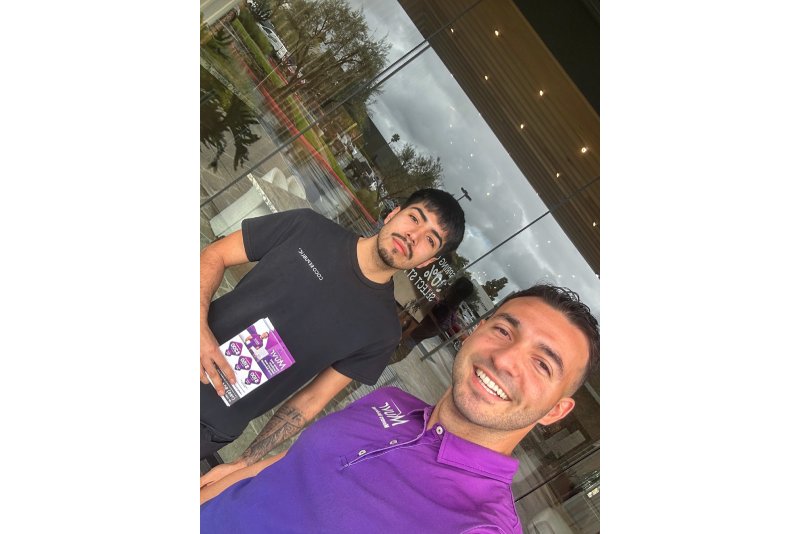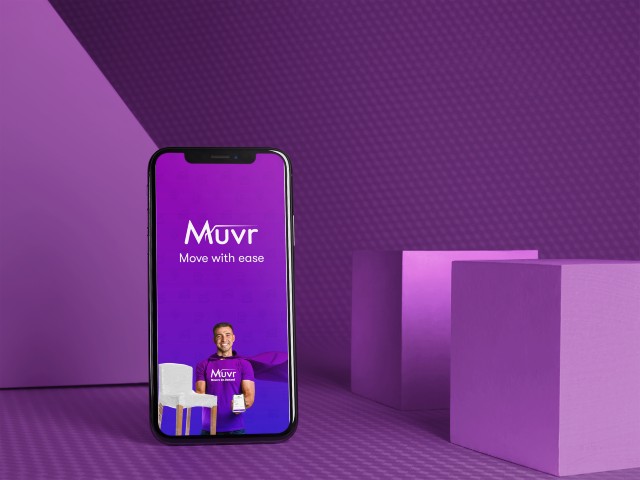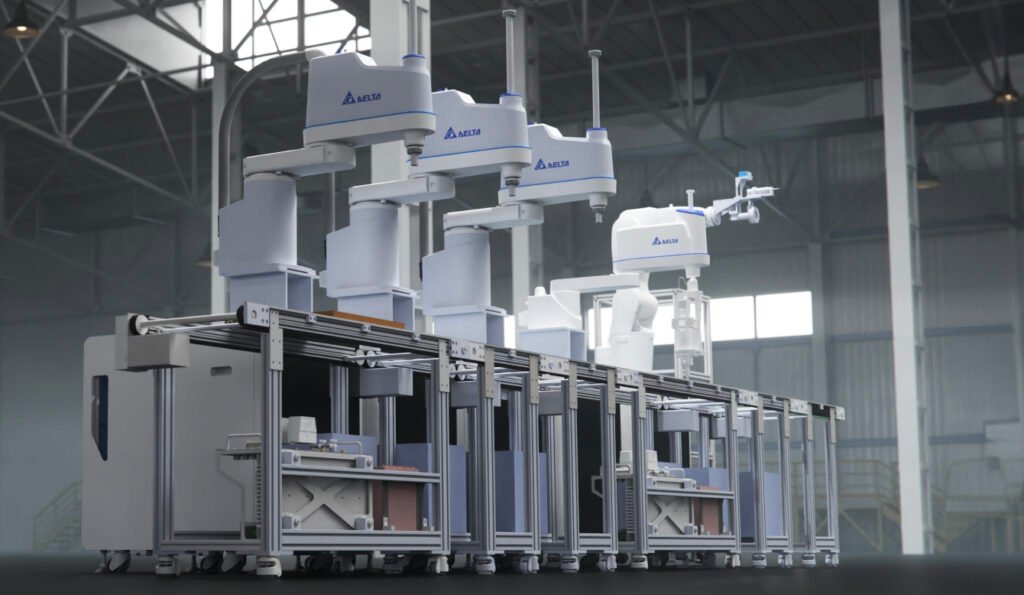First of all, how is business these days?
I’m happy to share that we’ve just successfully completed proof of concept in a crowded market. There are products in the fitness and nutrition space that track data related to exercise, food, and health. Unfortunately, for a lot of athletes these numbers don’t add up to improved performance. This is why we created Garnysh technology. Our algorithm uses machine learning and a mapping process that allows users to set fitness and nutrition goals, track them in real time, and chart their progress toward those goals.
Athletes can track their food intake in terms of macros (calories, protein, carbs, and fats). We then take the extra step of offering a selection of coordinated, unique meal plans on the Garnysh platform, prepped and delivered by local suppliers. Local interest in our product is rapidly growing, as is our database of chefs, so I guess you could say that things are generally going really well.
What led you to start your own business?
While I was in grad school, I gave birth to two children. Afterwards, I struggled to get back in shape and lose the extra weight I’d gained, without using fad diets or weight-loss gimmicks. Then I discovered CrossFit and everything changed. I committed myself to it wholeheartedly, and while I was able to meet my fitness goals, it required an intense effort to track everything on pen and paper. The idea for Garnysh was born out of my sheer frustration and disappointment with the available tools.
What sources did you use for startup capital?
I started the company with personal funds. Fortunately, we were able to gain initial traction pretty quickly and establish a positive cash flow, which we immediately reinvested in the company.
What do you think is your greatest business strength?
My greatest business strength is refusing to take no for an answer. This is followed closely by doing whatever it takes to reach my goals (probably as a result of my CrossFit training).
What do you enjoy most about owning your own business?
Owning my own business is like doing a series of tough CrossFit workouts. Each stage is like a brand new workout where I’m not quite sure what I’m in for when I start, and while I’m in it, I feel like I might even die, but in the end, I know that I’ll survive it. I love tackling the challenge of defining our strategy and building the tools we need to achieve our goals. It’s probably this creative side of problem solving that I enjoy the most.
What’s your least favorite part of running a business?
The worst part of running a business is not being able to shut my mind off. No matter what I do, my gears are turning, 24/7. Not only that, I always have to stay connected and be online. Getting my husband and my kids to be OK with the fact that this is my normal can be quite challenging at times.
What do you think are important entrepreneurial skills to have?
If you’re going to make it as an entrepreneur, you have to be tough and resilient. I’m no stranger to this—don’t forget, I had two kids while I was in grad school, and I didn’t let that deter me from my goal of getting my degree. Obstacles are going to come up. Bad things will happen. It’s just a natural part of life. You have to keep positive and focus on finding a solution to every problem that comes up. No matter how boxed in you feel, there’s always a move you can make.
And I guess that brings me to the other important skill, which is creative problem solving. You might think there’s only one solution to a problem, but, in fact, there are always multiple possible moves. You have to be willing to take risks and try new things, especially when it would be more comfortable to choose a safe route. You might fail, but you might also be wildly successful. The thing is, you’ll never know unless you try.
What are some challenges you’ve faced in business and how did you overcome them?
I’ve had men come on to me, when I thought we were engaged in good faith business negotiations. That’s been disappointing, and thank goodness I was never in any serious danger. But I didn’t let those situations deter me from finding male mentors and advisors who had my best interests at heart. In fact, I learned that while there are some people out there who are only interested in what they can get from me, there are plenty who are prepared to offer true support. I suppose I’ve become better at sorting out the right people to bring into my circle from the ones who have no place there.
What do you wish you’d known before you started out?
Well, of course it would have been great to have a crystal ball and be able to predict and prevent all of my future problems. But, seriously, it would have been good to know beforehand that there would be naysayers, doubters, and people who generally do not believe in my vision. And that things would still be OK. As an entrepreneur, you go through this period in which you’re looking to a lot of other people for advice and support. Because honestly, having a startup is like having a baby. I have to tend to it all hours of the day and night; I can’t leave it unattended or unsupervised. The good thing is that I’ve learned how to trust my judgment and bring in quality people to help me co-parent. It’s been a steep learning curve, but now that I’m where I am, I feel very accomplished.
What is the smartest move you have made with your business so far?
The smartest move I’ve made so far has been to figure out what people will be helpful for the growth and success of my business and what people are mere time wasters. As a woman business leader in the male-dominated fitness industry, it’s been particularly sweet to feel like my hustle is paying off. The work never ends, and I don’t feel like I can ever let down my guard, but it feels great to know that I have what it takes to close a deal. Having that skill in this environment has felt like my superpower.
What inspires the way you conduct business?
I have to say, the two things that have inspired me the most are getting my masters in psychology and having two kids. My psychological training primed my fundamental understanding of the human mind and human behavior, while having kids has helped me master the skills of negotiation and closing deals (I kid you not, children are sharks when it comes to hard bargaining). As a result, I view business as an opportunity for relationship building, connecting both with my team and our customers beyond the basic level to something more substantial and meaningful.
How do you find new customers? What do you do to make sure they become return customers?
We started sourcing customers by partnering with local gyms. This quickly turned into referrals, which we used to develop deeper connections. The circle of the fitness community is pretty cohesive—I know this by having been a part of it from the inside. Having an intimate understanding of the needs of people who train has been a great resource when it comes to building a strong community. Being able to respond to feedback to give people what they need has been an important factor in building loyalty. The rest flows from there.
What’s your management style with employees?
I like to hire people who possess skills and abilities that I don’t have, and then nourish and support their efforts to feed back into the overall success of our project. I like to see everyone succeed, so I do my best to facilitate their accomplishments rather than micromanage them. What fun is that, anyway? It’s so much better when everyone feels the satisfaction of doing good work, knowing that they’ve earned it through their own efforts. I like to make that possible.
What are some other companies or entrepreneurs you admire, and why?
I really admire Mark Cuban. He’s a self-made man who’s become super successful, and he’s been a great mentor to plenty of other up-and-coming business leaders. I appreciate his straight-up style, and the fact that he’s been through the entire business journey from the ground level on up. He’s a pretty wise man.
I also admire Katie Rodan and Kathy Fields, founders of the San Francisco-based women’s skin care company Rodan + Fields. While their multi-level marketing model isn’t unique, the fact that the company is owned and run by women, and has built a mostly female salesforce, is quite impressive. Their products are high quality, and they have been hugely successful, having launched in Canada in 2015 and in Australia in 2017. I love to see women at the helm of successful businesses!
What new initiatives are you working on?
On the product side, we are fine-tuning our soon-to-launch app that has been under beta testing. It will allow users to track their fitness and nutrition goals and behaviors in real time. On the business side, in addition to our problem-solving capabilities, we are focusing on building a community that will create more opportunities for fitness experts.
What advice would you give to someone hoping to start a business similar to yours?
When you launch your business, get your product out into the marketplace as quickly as you can. You don’t have to spend a ton of money to get started. In fact, small steps early on will help you learn quickly.
Feedback is a gift. Always be interested in critical feedback, as that’s what will actually shape your product and your business.
You will encounter failures, criticism, and many distractions, but if you want to be successful, you have to be resilient, persistent, and focused on your long-term goals. It’s your vision—nobody can take it away from you unless you let them!

 Technology3 weeks ago
Technology3 weeks ago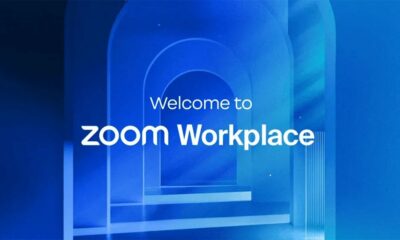
 Technology3 weeks ago
Technology3 weeks ago
 Business3 weeks ago
Business3 weeks ago
 Technology3 weeks ago
Technology3 weeks ago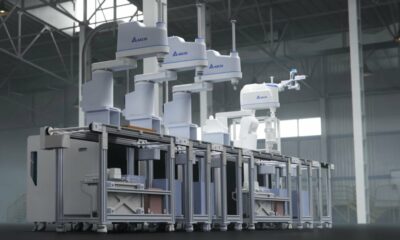
 Business3 weeks ago
Business3 weeks ago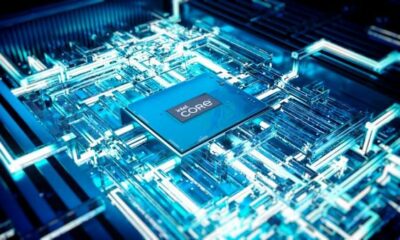
 Technology3 weeks ago
Technology3 weeks ago
 Technology3 weeks ago
Technology3 weeks ago
 Technology2 weeks ago
Technology2 weeks ago


